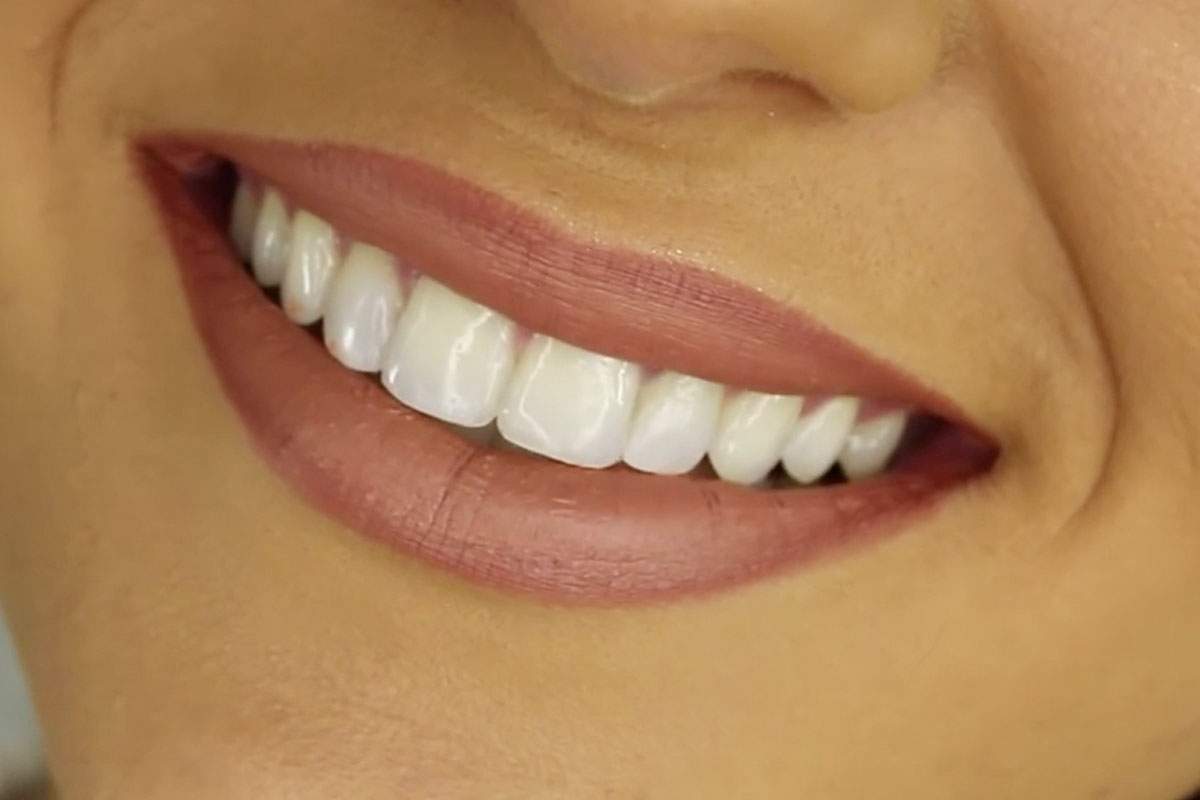
Have you ever bitten the inside of your cheek? Chances are, your mouth hurts for a day or two, and then you forget all about it. But scrape your knee, and it stings for ages. What's the difference?
It turns out that oral wounds heal faster than wounds to the skin, and scientists are exploring why. One reason is the presence of saliva. Saliva causes the mouth to be very humid, helping inflammatory cells patch up injuries. It also speeds up blood clotting.
Helpful as saliva is, a study explored whether the cells that cover your mouth could hold some of the secrets to rapid healing. Researchers made tiny, circular wounds on the skin of volunteers' arms and inside their mouths. They found that certain proteins active in oral skin cells leaped into repair mode, preventing inflammation and promoting wound closure.
Yet these proteins were absent from the skin cells on volunteers' arms. And these regulating proteins packed a major punch: the skin wounds took about three times longer to heal than the wounds in the mouth. Plus, the injuries in the mouth closed without scarring, unlike the cuts on the arm.
What's the importance of oral wounds fixing themselves so quickly? If they didn't, the friction from chewing would constantly keep the wound open. And this would be especially problematic because the mouth contains microbes that could potentially make their way into cuts and scrapes. So the body prioritizes repairing these injuries.
In the future, scientists hope to use our mouths' unique ability as a way to help skin wounds heal faster and without scarring.
Sources and Further Reading
- Dengler, R. Why Mouth Wounds Heal Faster Than Skin Scrapes. Discover Magazine, July 25, 2018.
- Saey, T. H. Here's why wounds heal faster in the mouth than in other skin. Science News, July 25, 2018.Â









